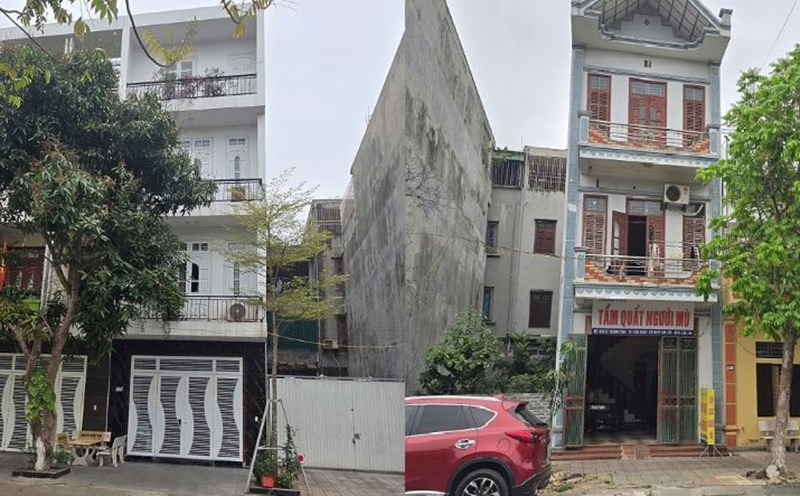mortgage of land use rights and housing is a type of civil transaction. Therefore, a mortgage contract is only valid when it complies with the provisions on the validity conditions of civil transactions.
Article 117 of the 2015 Civil Code stipulates the conditions for the effectiveness of civil transactions as follows:
a) Subjects with civil law capacity and civil act capacity in accordance with established civil transactions.
b) Subjects participating in civil transactions are completely voluntary.
c) The purpose and content of civil transactions must not violate the prohibitions of the law and must not be contrary to social ethics.
The form of civil transactions is a condition for the effectiveness of civil transactions in cases where the law stipulates.
In addition, Clause 2, Article 161 of the 2023 Housing Law stipulates that the mortgagor must be an individual who meets the conditions on the subject participating in the transaction according to the provisions of the law on civil matters.
At the same time, if you are a domestic individual, you do not have to register your residence in a place with a house or land. As for foreign individuals, overseas Vietnamese must own a house in Vietnam and may not have to register to reside in a place with a house or land.
Based on the above regulations, the "red book" of another person can be "borrowed" to mortgage to borrow money in the following cases:
Case 1: The mortgage contract, land by the person in the name of the certificate directly signed with the bank or other credit institutions (actually this is the person who has a home, a mortgage of his house and land and when he receives the money, he takes money for the "thanks" to the mortgage).
Case 2: The mortgage contract is signed by the red book borrower but must be authorized in writing by the land user or homeowner (in fact, this is to perform authorized work, or in other words, to replace the land user or homeowner).
When mortgaging a house or land to borrow money, land users and home owners need to pay attention to the following cases of handling secured assets as prescribed in Article 299 of the 2015 Civil Code:
- When the due date for performance of the guaranteed obligation is reached, the party with the obligation shall not perform or shall not fulfill the obligation.
- The party is obliged to fulfill the secured obligation ahead of schedule due to violating the obligation according to the agreement or according to the provisions of law.
- Other cases agreed upon by the parties or as prescribed by law.
method of handling: The mortgagor and the mortgagee have the right to agree on one of the following methods of handling mortgaged property:
+ Property auction.
+ The mortgagee sells the property.
+ The mortgagor receives the property itself to replace the performance of the mortgage party's obligations.
+ Other methods.
+ In case there is no agreement, the property can be auctioned, unless otherwise provided by law.
Thus, when the payment period or interest payment period comes and the person asking for the mortgage to borrow money does not pay the mortgagor (the person with a red book), the mortgagor must pay those fees himself, otherwise the mortgaged property will be handled (usually auctioned).











